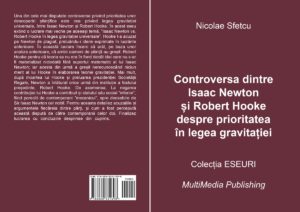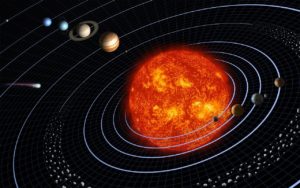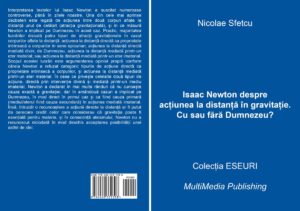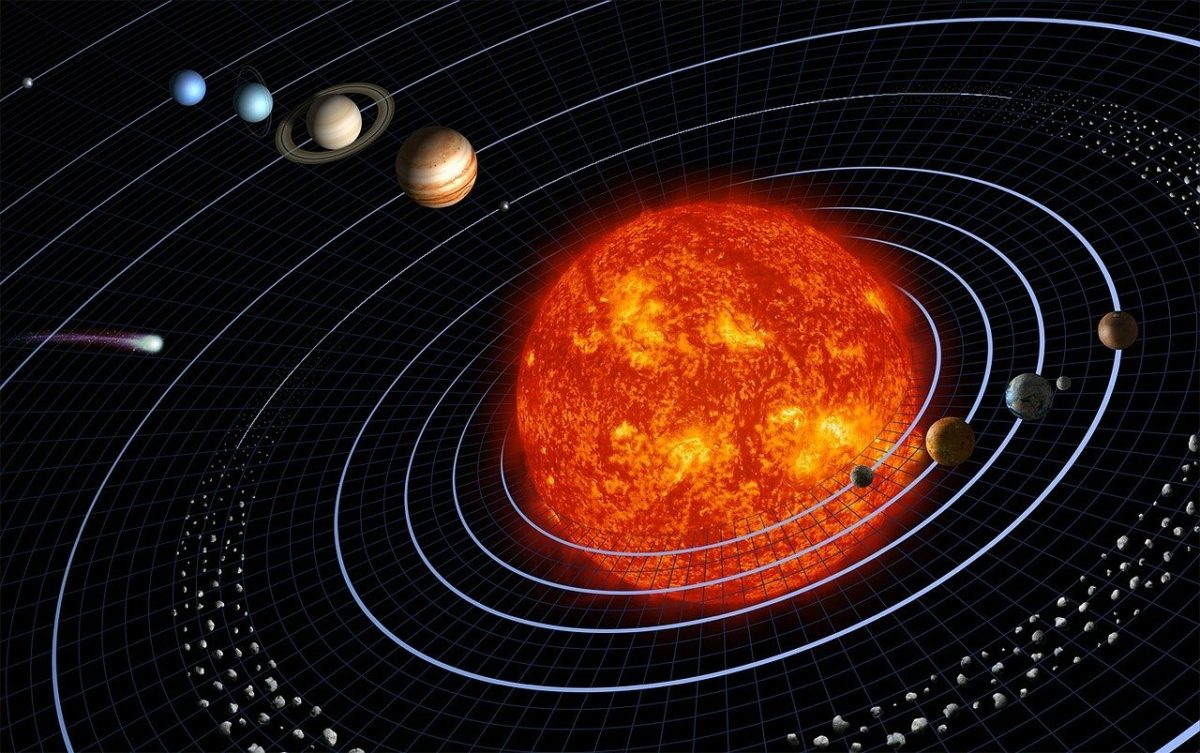 One of the most disputed controversy over the priority of scientific discoveries is that of the law of universal gravitation, between Isaac Newton and Robert Hooke. Hooke accused Newton of plagiarism, of taking over his ideas expressed in previous works. In this paper I try to show, on the basis of previous analysis, that both scientists were wrong: Robert Hooke because his theory was basically only ideas that would never have materialized without Isaac Newton’s mathematical support; and the latter was wrong by not recognizing Hooke’s ideas in drawing up the theory of gravity. Moreover, after Hooke’s death and taking over the Royal Society presidency, Newton removed from the institution any trace of the former president Robert Hooke. For this, I detail the accusations and arguments of each of the parts, and how this dispute was perceived by the contemporaries of the two scientists. I finish the paper with the conclusions drawn from the contents.
One of the most disputed controversy over the priority of scientific discoveries is that of the law of universal gravitation, between Isaac Newton and Robert Hooke. Hooke accused Newton of plagiarism, of taking over his ideas expressed in previous works. In this paper I try to show, on the basis of previous analysis, that both scientists were wrong: Robert Hooke because his theory was basically only ideas that would never have materialized without Isaac Newton’s mathematical support; and the latter was wrong by not recognizing Hooke’s ideas in drawing up the theory of gravity. Moreover, after Hooke’s death and taking over the Royal Society presidency, Newton removed from the institution any trace of the former president Robert Hooke. For this, I detail the accusations and arguments of each of the parts, and how this dispute was perceived by the contemporaries of the two scientists. I finish the paper with the conclusions drawn from the contents.
Keywords: Isaac Newton, Robert Hooke, law of gravity, priority, plagiarism
CONTENTS
Abstract
Introduction
Robert Hooke’s contribution to the law of universal gravitation
Isaac Newton’s contribution to the law of universal gravitation
Robert Hooke’s claim of his priority on the law of universal gravitation
Newton’s defense
The controversy in the opinion of other contemporary scientists
What the supporters of Isaac Newton say
What the supporters of Robert Hooke say
Conclusions
Bibliography
14.01.2019
DOI: 10.13140/RG.2.2.19370.26567
MultiMedia Publishing EPUB (ISBN 978-606-033-206-0), Kindle (ISBN 978-606-033-205-3), PDF (ISBN 978-606-033-204-6) https://www.telework.ro/en/e-books/isaac-newton-vs-robert-hooke-on-the-law-of-universal-gravitation/
Isaac Newton vs. Robert Hooke on the law of universal gravitation


